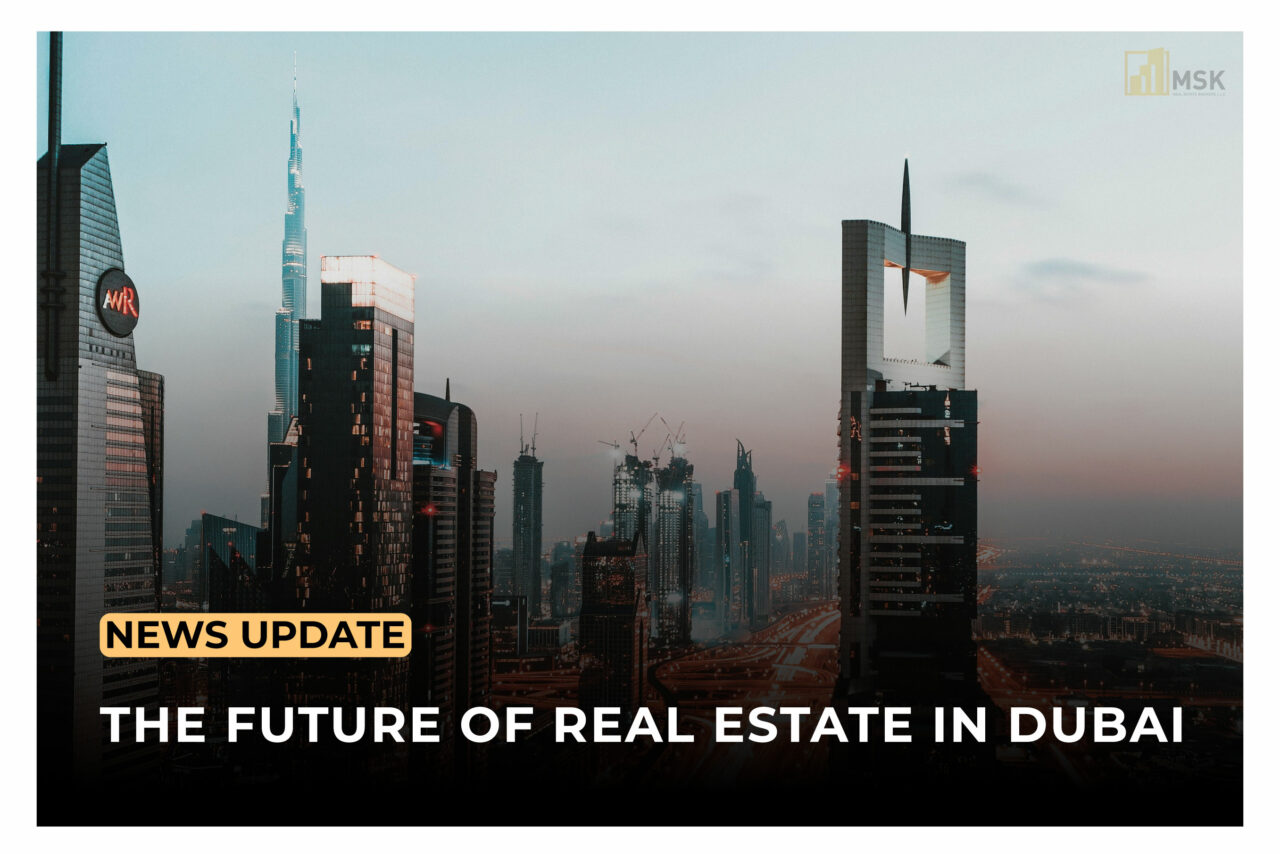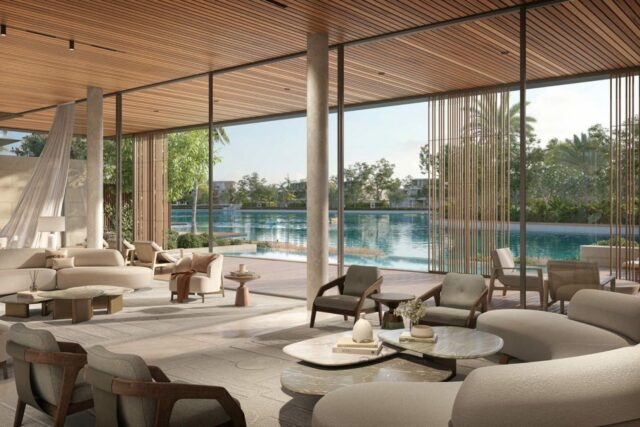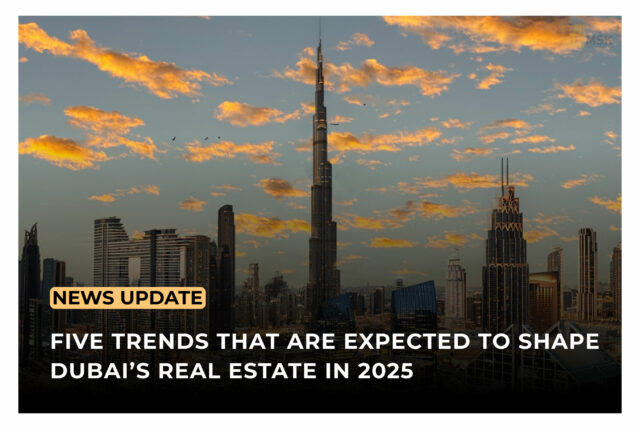
The future of real estate in Dubai shines brightly as the emirate continues its trajectory of robust growth. With an evolving economy, cutting-edge infrastructure, and changing demographics, Dubai’s property market offers dynamic opportunities for investors, developers, and residents alike. From affordability trends to luxury developments, the landscape is poised to deliver innovation and value in 2024 and beyond.
Dubai Real Estate Market Overview in 2024
Record Growth in Sales Transactions
The Dubai real estate market is experiencing unprecedented activity. As per DXB Interact’s Q3 2024 analysis, the market recorded 50,423 sales transactions in the quarter, a 37.9% increase from the previous year. The average price per square foot reached Dh1,511, reflecting a 7.5% year-over-year increase.
Impressive Financial Performance
The quarterly sales turnover stood at Dh141.9 billion, marking a 30.1% year-on-year rise. Investments in Dubai’s real estate sector are expected to cross $100 billion in 2024, continuing the growth pattern established in 2023.
Supply and Demand Dynamics
Dubai’s real estate market balances a robust supply pipeline with rising demand:
- Housing Supply: Nearly 100,000 new homes are set for delivery in 2024, with 45% completed during Q3 alone. Areas like Jumeirah Village Circle (JVC) and Dubai Marina are leading in new unit delivery.
- Demand Surge: Dubai’s growing expatriate population, projected to exceed 4 million by 2025, is fueling demand for both residential and rental properties.
However, supply chain challenges and cost pressures on developers require innovative solutions to maintain operational efficiency and meet demand.
Shifts in Consumer Preferences
Affordability Gains Importance
Affordability is a rising priority for homebuyers and renters in Dubai. Developers are introducing mid-income housing projects and moderating rental price growth to cater to a broader audience. This transition addresses the needs of Dubai’s burgeoning middle-income class.
High Demand for Luxury Real Estate
Luxury properties remain a significant segment of Dubai’s market. Palm Jumeirah continues to lead, with notable transactions exceeding Dh200 million, including a penthouse sold for Dh275 million. Areas like Emirates Hills and Bluewaters Island attract ultra-high-net-worth individuals from Europe and Asia.
Infrastructure Development and Emerging Areas
Key Developments Boosting Investment
Infrastructure upgrades are transforming Dubai’s connectivity and livability:
- Dubai South: Proximity to Expo 2020 and Al Maktoum International Airport makes this area a prime investment zone.
- Dubai Creek Harbour: This master-planned community is attracting both residents and investors.
New road networks and public transport expansions are also enhancing access to suburban areas, driving demand in emerging locations like The Valley by Emaar.
Technology and Innovation in Real Estate
The Role of PropTech
The integration of PropTech is revolutionizing Dubai’s real estate sector. Virtual tours, AI-driven market analysis, and 3D floor plans are streamlining the property buying process. Platforms like Property Finder are bridging information gaps, making property selection easier and more transparent.
Focus on Green Building Practices
Eco-friendly developments are gaining traction, with projects emphasizing energy efficiency and sustainable building practices. Areas like Dubai South and Dubai Creek Harbour are at the forefront of this trend, aligning with the city’s commitment to environmental sustainability.
Short-Term Rentals Gaining Momentum
Short-term rentals are redefining the rental market, with a predicted 20% increase in demand for leases of up to six months. Popular areas for short-term stays include:
- Business Bay
- Palm Jumeirah
- Downtown Dubai
The flexibility of short-term rentals appeals to tourists and expatriates, while property owners benefit from higher rental yields.
Government Initiatives Supporting Growth
Dubai’s proactive government policies bolster the real estate market’s growth:
- Golden Visa Program: Long-term residency incentives attract property buyers.
- Middle-Income Housing Focus: Developers are encouraged to target the rising middle class.
- Reduced Transaction Costs: Policies to ease property transactions are fostering a more accessible market.
Investment Trends for 2025 and Beyond
Emerging Hotspots
Strategic investment areas like Dubai Hills Estate, Arjan, and The Valley are gaining attention for their growth potential and strong infrastructure development.
Rising Rental Yields
Rental prices are expected to escalate, with short-term leases predicted to rise by 18% and long-term leases by 13%. This creates opportunities for investors seeking stable returns.




Leave a Reply